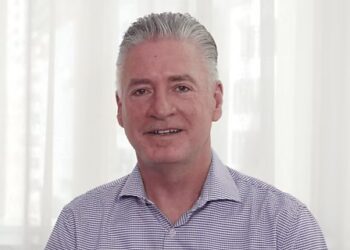Small fund concerns raised in Div 296 submission
In its submission to Treasury on the Better Targetted Superannuation Concessions bill, the SMSF Association noted that the revised draft of the legislation states small funds will be required to obtain an actuarial certificate to perform the relevant calculations and provide the attribution share. “However, this requirement to obtain an actuarial certificate should not apply to single member funds. In this circumstance, the risk of...
Read moreDetails














